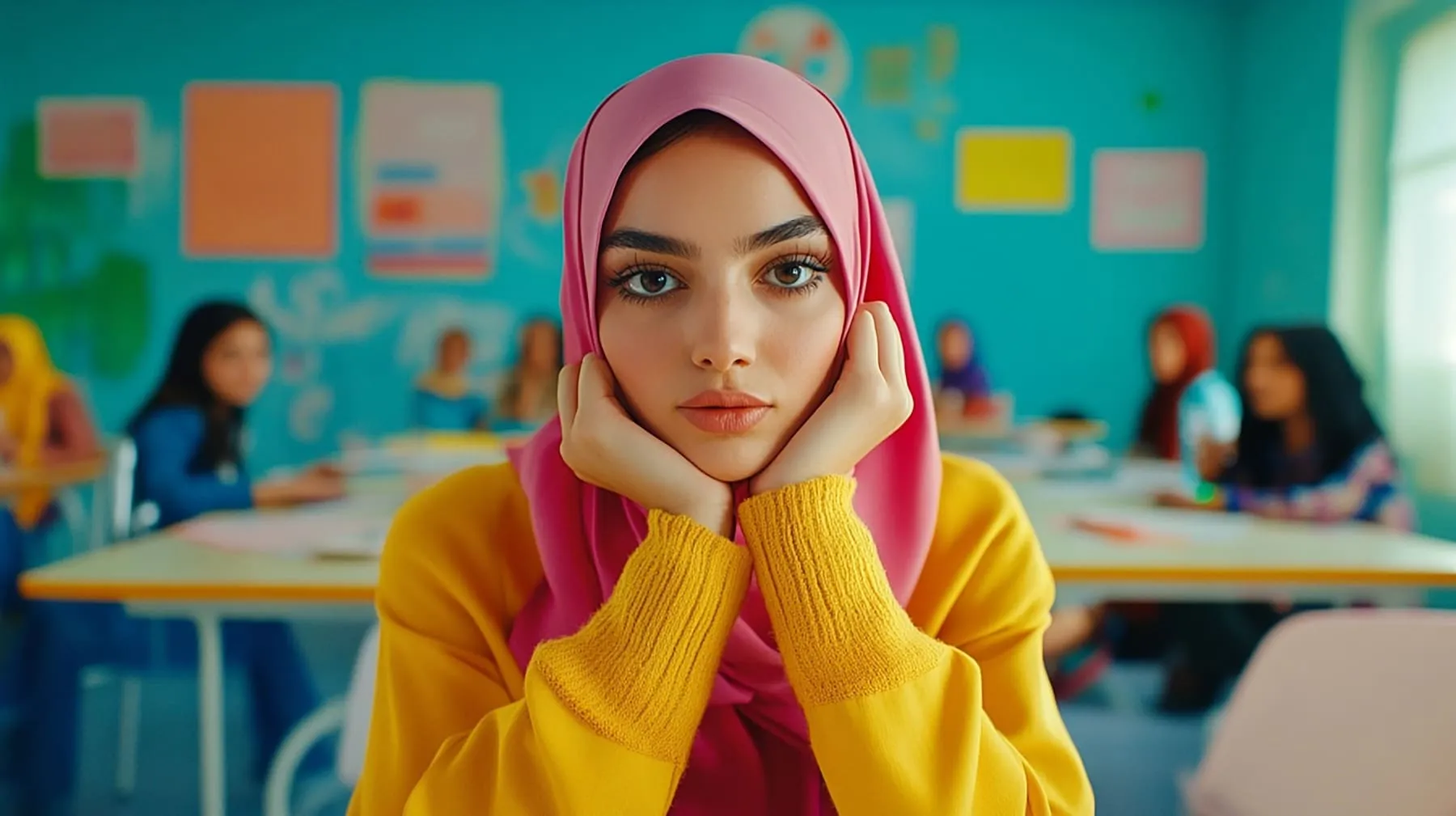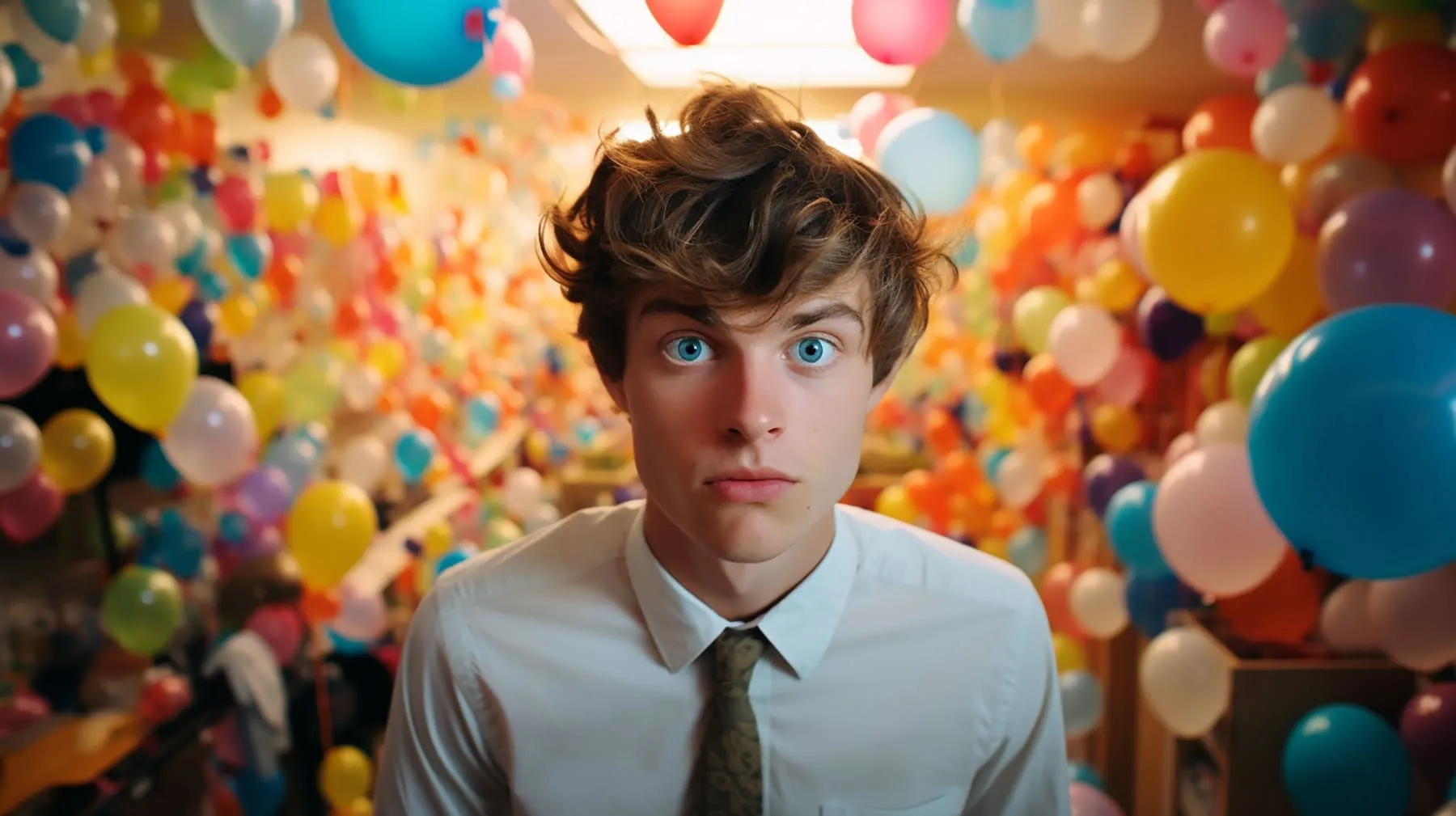Cancel culture: why generation Z & Alpha targeted J.K. Rowling

The controversy that shook a generation
“Hogwarts should be a safe place for all children. J.K. Rowling ruined that.” In 2020, this comment flooded social media as the world’s most famous author faced a backlash that few could have predicted. After tweeting her views on gender identity, Rowling was accused of transphobia, leading to calls for a boycott of her books, movies, and merchandise. Fans burned her books, fellow celebrities distanced themselves, and #RIPJKRowling trended worldwide.
The creator of Harry Potter, a symbol of magic and inclusivity, was suddenly cast as a villain. But how did it come to this? How did a single tweet spark such outrage? And is this public shaming a quest for justice or a dangerous form of censorship?
What is “cancel culture”?
Cancel culture, also known as digital shaming or public accountability, is withdrawing support from public figures or companies after they have done or said something considered objectionable. It often involves public shaming, boycotts, and social media campaigns.
Historically, social boycotts were protest tools, from the Montgomery Bus Boycott during the civil rights movement to boycotting apartheid in South Africa. But with social media, cancel culture has taken on a new form—digital ostracism that is swift, viral, and often unforgiving.
According to a 2024 Eurobarometer* survey, 68% of young Europeans have participated in a cancel culture campaign, while 55% believe it can go too far and threaten free speech. This statistic highlights the delicate balance between accountability and censorship in the digital age.
Why does Generation ZAlpha embrace cancel culture?
For Generation ZAlpha, cancel culture is more than public shaming; it’s a way to demand ethical consistency and challenge social norms. This generation grew up in a world of political activism online—witnessing #MeToo, #BlackLivesMatter, and LGBTQ+ rights movements unfold on TikTok, Instagram, and Twitter. They see “cancel culture” as a way to amplify marginalized voices and challenge power structures.
But it’s also about identity. Gen ZAlpha constructs identity through digital communities and social activism. Seeing someone like Rowling—an icon of their childhood—express views they perceive as harmful feels personal. They feel betrayed, and they react by revoking their support.
Cancel culture vs. free speech: accountability or censorship?
The backlash against J.K. Rowling sparked a fierce debate on free speech. For her critics, canceling Rowling was about accountability—using social pressure to demand responsibility for words that could harm vulnerable communities. For her supporters, it was about freedom of expression and the right to hold controversial opinions without fear of public shaming.
This isn’t just a debate about one author; it’s a cultural divide. For Generation ZAlpha, words are powerful, and harmful speech must be challenged. For older generations, even offensive speech deserves protection under free speech principles. This generational clash reflects different understandings of power, privilege, and social responsibility.
European examples: cultural clashes and generational divides
The J.K. Rowling controversy isn’t unique. Across Europe, cancel culture has shaped public discourse:
- Spain: María Pombo—Pandemic Irresponsibility: In 2020, young followers heavily criticized Spanish influencer María Pombo after she hosted a large gathering during the COVID-19 pandemic. While her older followers seemed more forgiving, Gen Z took to Twitter and Instagram to call her out for being irresponsible, using hashtags to amplify the criticism. Pombo’s apology did little to calm the storm, showing how Gen Z’s social responsibility expectations from public figures can lead to severe backlash.
- Netherlands: Davina Michelle – Appropriation Backlash: Dutch singer Davina Michelle, popular among younger audiences, faced criticism after performing songs from Black artists without acknowledging the cultural context. Some Gen Z fans accused her of cultural appropriation, sparking debates on TikTok about artistic responsibility and cultural sensitivity. The controversy highlighted how younger generations increasingly hold artists accountable for representation issues.
- Belgium: Angèle – Accusations of Hypocrisy: Angèle, a Belgian pop star known for her feminist stances, faced backlash when some young fans accused her of hypocrisy after collaborating with brands seen as environmentally harmful. Gen Z audiences, who admired her activism, felt betrayed and expressed discontent on social media platforms like Twitter and Instagram. Angèle addressed the controversy by emphasizing the complexities of balancing a public career and personal values.
- United Kingdom: Molly-Mae Hague: In 2022, influencer Molly-Mae Hague faced backlash after saying, “We all have the same 24 hours in a day” to achieve success. Gen Z criticized her remarks as tone-deaf and privileged, especially during the UK’s cost-of-living crisis. Social media exploded with memes and calls for accountability, highlighting a generational clash over privilege and success narratives.
- Sweden: Zara Larsson: In 2020, singer Zara Larsson faced backlash from young Chinese fans after supporting Hong Kong protests and making political statements about China. Gen Z, particularly from Asian communities, criticized her for spreading misinformation, sparking debates about the responsibility of Western celebrities when addressing international issues.
These cases reveal a more profound cultural divide: in some European countries, public shaming is seen as necessary for accountability, while in others, it’s perceived as an attack on free speech.
A sociological analysis: generational values and digital justice
Cancel culture exposes a generational divide in values. For Generation ZAlpha, it’s about protecting marginalized communities and holding public figures accountable. For older generations, it’s about preserving free speech and the right to be controversial.
This isn’t just about canceling people; it’s about who gets to decide what’s acceptable and offensive. Social media platforms amplify these divisions. Algorithms feed users content that reinforces their beliefs, creating echo chambers where outrage grows unchecked. In this digital battleground, public figures are judged for their actions, words, beliefs, and associations.
Is cancel culture here to stay?
J.K. Rowling wasn’t canceled in the traditional sense—her books still sell millions, and her legacy remains influential. But her public image is forever changed. Cancel culture isn’t about erasing people; it’s about redefining who gets to influence culture. It’s about power, justice, and who controls the narrative.
As society grapples with changing social norms, the challenge lies in balancing accountability with freedom of expression, ensuring that digital justice does not silence dialogue but enriches it.
Frequently Asked Questions (FAQ)
Ready to dive deeper into youth culture and generational dynamics?
Whether you’re looking for strategic insights, an engaging keynote, a dynamic workshop, or a hands-on sprint session, we’re here to help. Connect with Benoît Vancauwenberghe and the 20something team to future-proof your strategy and stay ahead with Gen Z and Gen Alpha.
Get in touch today and make your next move impactful
You may also like these articles
Explore our collection of articles decoding youth culture, Gen Z, and Gen Alpha.






